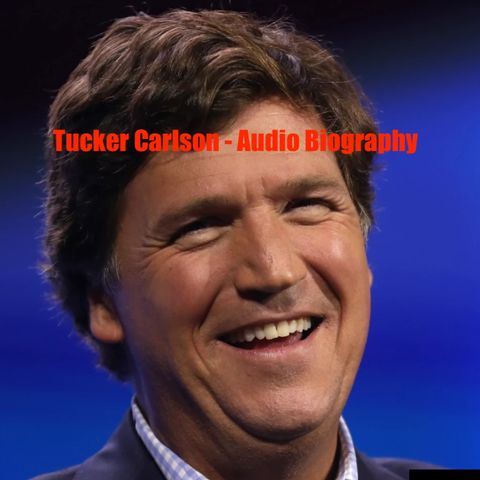Post Putin Interview fallout
14 feb 2024 ·
4 min. 15 sec.

Scarica e ascolta ovunque
Scarica i tuoi episodi preferiti e goditi l'ascolto, ovunque tu sia! Iscriviti o accedi ora per ascoltare offline.
Descrizione
Tucker Carlson's Interview with Putin: Beyond the Headlines On April 21st, 2022, the American landscape shifted as Fox News host Tucker Carlson sat down with Russian President Vladimir Putin for...
mostra di più
Tucker Carlson's Interview with Putin: Beyond the Headlines On April 21st, 2022, the American landscape shifted as Fox News host Tucker Carlson sat down with Russian President Vladimir Putin for an exclusive interview. This meeting, amidst the escalating war in Ukraine, sparked a firestorm of reactions, dividing audiences and igniting heated debates. While some saw it as a crucial opportunity for direct dialogue, others denounced it as a platform for propaganda and appeasement. Delving deeper into the interview, several key aspects became focal points:
mostra meno
- Framing the War: Putin reiterated his narrative of a "special military operation" solely focused on demilitarization and "de-Nazification," deflecting any responsibility for the devastating humanitarian crisis. Carlson, while questioning the use of the term "de-Nazification," largely avoided pressing Putin on the validity of these claims. This framing sparked criticism, with some accusing Carlson of legitimizing Russian propaganda.
- Accusations and Defenses: Putin launched into familiar critiques of Western interference, particularly pointing towards US support for Ukraine's Azov Battalion, a far-right group. Carlson, however, did not delve into the complexities of the Azov Battalion or challenge Putin's portrayal of US involvement. This lack of confrontation left viewers questioning whether Putin's narrative remained unchallenged.
- Authoritarianism and Democracy: When questioned about his leadership style, Putin defended his democratic credentials, highlighting his electoral victories. Carlson, instead of exploring criticisms of Russia's limited political freedoms, opted to engage in a "whataboutism" tactic, citing American political issues. This approach further blurred the lines between legitimate government and autocratic rule.
- Seeking Harmony vs. Maintaining Distance: Putin expressed a desire for positive relations with the US, conditional upon ending interference. Carlson, throughout the interview, seemed receptive to this message, sparking concerns about potentially overlooking Russia's aggression in favor of dialogue.
- Amplifying Narratives: Putin's justifications for the war gained exposure on a major American platform, potentially influencing viewers' perceptions of the conflict. This raises concerns about the normalization of misinformation and propaganda.
- Undermining Ukrainian Authority: The limited space given to Ukrainian perspectives, alongside Putin's unchallenged claims, risked diminishing Ukraine's agency and narrative in the international arena.
- Dividing American Opinion: The interview further polarized American views on the war and Russia, potentially hindering national unity and coordinated responses.
Informazioni
| Autore | Quiet.Please |
| Organizzazione | William Corbin |
| Sito | - |
| Tag |
Copyright 2024 - Spreaker Inc. an iHeartMedia Company
